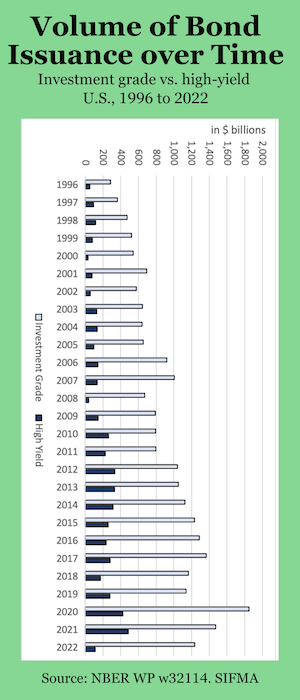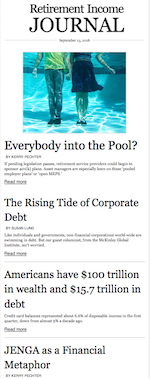American International Group, the recipient of a $100 billion-plus U.S. government bailout last year, has agreed to sell its Taiwan life insurance unit, Nan Shan, to a Hong Kong investor group for $2.15 billion, the New York Times reported.
The sale is AIG’s largest divestiture so far since September 2008, when it nearly failed because of losses on credit default insurance it wrote on mortgage-backed securities. Nan Shan, one of Taiwan’s largest life insurance, has assets of over $46 billion and 7.9 million in-force policies held by about four million policyholders.
Nan Shan’s buyer is Primus Financial Holdings, which was co-founded in early 2009 by Robert Morse, a former senior Citigroup banker, China Strategic Holdings, an investment firm.
AIG previously raised $500 million from the sale of its Pacific Century Group asset management business to a Hong Kong investment firm, $1.9 billion from the sale of its energy and infrastructure investment assets, and $1.9 billion from the sale of 21st Century Insurance Group, an auto insurer.
Founded in Shanghai in 1919, AIG also hopes to raise cash through initial public offerings for two life insurance units—American International Assurance, or AIA, and American Life Insurance Co., known as Alico—in Asia and New York, respectively.
Like AIG, ING is also using divestitures to raise cash after a huge government bailout.
ING Groep, the Dutch parent of the U.S. insurer, has agreed to sell its Swiss private banking unit to Zurich-based wealth manager Julius Baer for 520 million Swiss francs, or $505 million, as part of a planned disposal of assets after receiving a 10 billion euro government bailout a year ago.
The all-cash transaction is expected to close in early 2010. ING sold its Australian joint venture to ANZ, and may sell units in Asia and possibly North America.
ING has said it wants to sell assets to raise between 6 billion euros and 8 billion euros as it attempts to repay the Dutch state for the emergency funds that propped up its Tier One capital during the financial crisis. The sale of ING’s 51% stake in its Australian joint venture brought in 1.1 billion euros. The Dutch bank and insurer has clients in more than 40 countries, and employs about 110,000 people worldwide.
© 2009 RIJ Publishing. All rights reserved.


